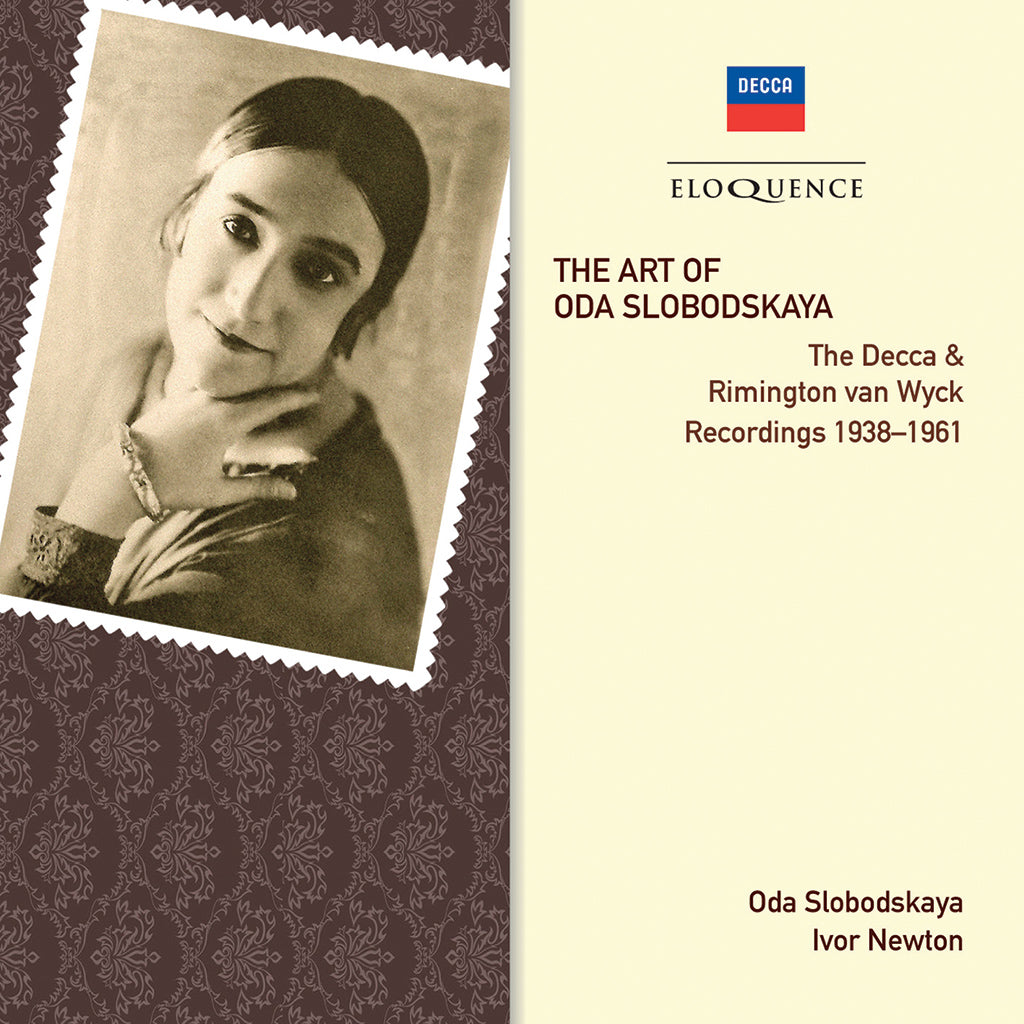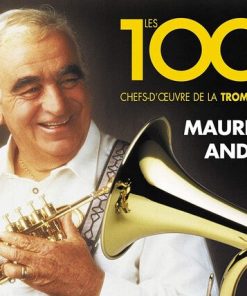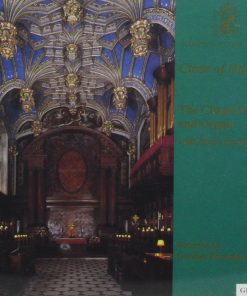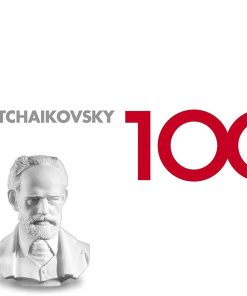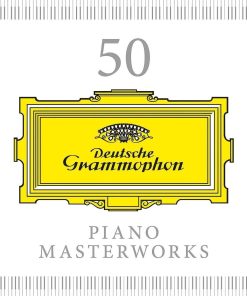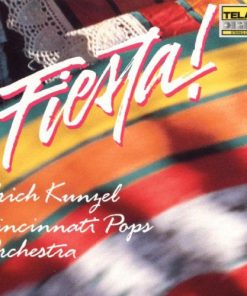The Art of Oda Slobodskaya (2 CDs) DECCA
$ 5,00 $ 3,00

Born in 1888, the Russian soprano, Oda Slobodskaya, won a scholarship for secondary education but, having completed her schooling, to her displeasure, found herself working with her parents in a second hand clothes shop. Despite having no formal musical training, she travelled, at the age of eighteen, from her hometown of Vilno (then part of the Russian Empire) some 300 miles to St. Petersburg, to audition. She was successful. During the Russian revolution she was ordered to join other singers on obligatory tours to factories and farms to entertain the workers. At the invitation of Diaghilev, she starred in the premiere of Stravinsky’s opera Mavra. The impresario Rabinoff organised for her to tour America as star soloist with The Ukranian Chorus and while there she made a successful solo debut at Carnegie Hall in New York. But, as a displaced Russian living abroad when appreciation of the Russian repertoire was minimal, Slobodskaya had difficulty finding a good manager. It was at this point that her career took a most unexpected turn. She was persuaded that as a stop-gap measure to earn some much-needed cash she might utilise her talents in the Variety Theatre rather than the opera house, and so under the assumed name of Odali Careno she made her variety debut in Baltimore in 1928. Dressed in a stunning eau-de-nile gown, she was a sensation, singing a mixture of familiar opera arias, ballads and popular songs.
Slobodskaya’s recordings are few and far between. A handful of Medtner songs with the composer at the piano were recorded in 19?? for HMV. In 1938 she recorded eight sides of Russian songs for a limited edition set of four 78s issued by the Rimington van Wyck record shop in Leicester Square. Slobodskaya had been heard on the radio by Mr. Frederick T. Smith, owner of RvW, and he was so overwhelmed by her voice that he paid for the records to be recorded by Decca. They were issued in May 1942 in a limited edition of 2000 in an attractive brown and gold album. Decca recorded her again in 1945 and 1946, and then in 1961.
The recordings are of cult status, much sought after by collectors of great vocal treasures, and this is their first issue on Decca CD. Andrew Dalton has compiled the collection and provided the liner notes, and the booklet is illustrated with all the album jackets as well as illustrations from program booklets, making this a real collector’s item!

CD 1
The Rymington van Wyck Recordings
1 S. TANEYEV: Nocturne
2 TCHAIKOVSKY: Was I not a blade of grass?
S. TANEYEV
3 Dreams
4 My Heart is Beating
5 In the Silence of the Night
6 TCHEREPNIN: I would have kissed you
RACHMANINOV
7 Lilacs
8 How pleasant it is here!
9 CUI: The Statue at Tsarskoye Sel
TCHAIKOVSKY
10 To Forget So Soon
11 If only I had known
12 The golden cornfields
The Decca recordings
13-15 Three Folksongs (from the collection of RIMSKY-KORSAKOV, arr. IPPOLITOV-IVANOV)
GRETCHANINOV:
16 Lullaby
17 The Dreary Steppe
18 Like an angel
19 My country
BORODIN
20 From my tears sprang flowers
21 The Sea Princess
22 BALAKIREV: Hebrew Melody
CD 2
TCHAIKOVSKY
1 Evgney Onegin: Tatyana’s Letter Scene
London Symphony Orchestra
Anatole Fistoulari
2 Child Song
RACHMANINOV
3 To the children
4 The Little Island
5 The Soldier’s Wife
6 PROKOFIEV: Dunyushka, Op. 104
BLANTER
7 In the forest of the frontline
8 Katyusha
9-11 STRAVINSKY: Three Tales for Children
12-18 KABALEVSKY: Seven Nursery Rhymes
19-24 SHOSTAKOVICH: Six Spanish Songs, Op. 100
Ivor Newton, piano
Oda Slobodskaya, soprano
Fast Shipping and Professional Packing
Due to our longstanding partnership with UPS FedEx DHL and other leading international carriers, we are able to provide a range of shipping options. Our warehouse staff are highly trained to pack your goods exactly according to the specifications that we supply. Your goods will undergo a thorough examination and will be safely packaged prior to being sent out. Everyday we deliver hundreds of packages to our customers from all over the world. This is an indication of our dedication to being the largest online retailer worldwide. Warehouses and distribution centers can be located in Europe as well as the USA.
Orders with more than 1 item are assigned processing periods for each item.
Before shipment, all ordered products will be thoroughly inspected. Today, most orders will be shipped within 48 hours. The estimated delivery time is between 3-7 days.
Returns
The stock is constantly changing. It's not entirely managed by us since we are involved with multiple parties such as the factory and our storage. The actual stock can fluctuate at any time. Please understand it may happen that your order will be out of stock when the order is placed.
Our policy is valid for 30 days. If you haven't received your product within 30 days, we're not able to issue either a return or exchange.
You are able to return a product if it is unused and in the same condition when you received it. It must also still remain in the original packaging.
